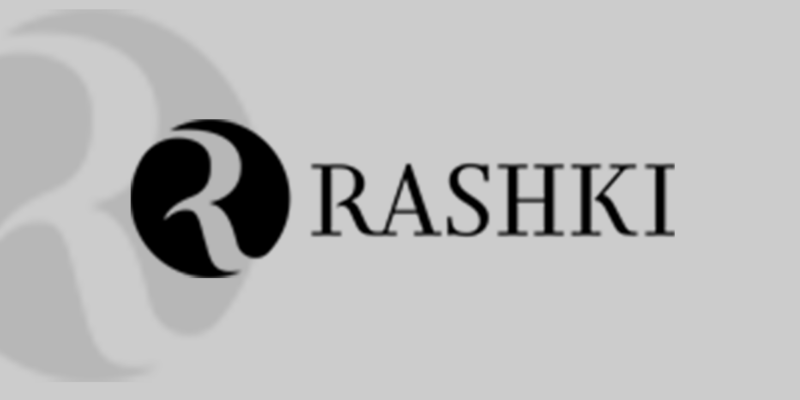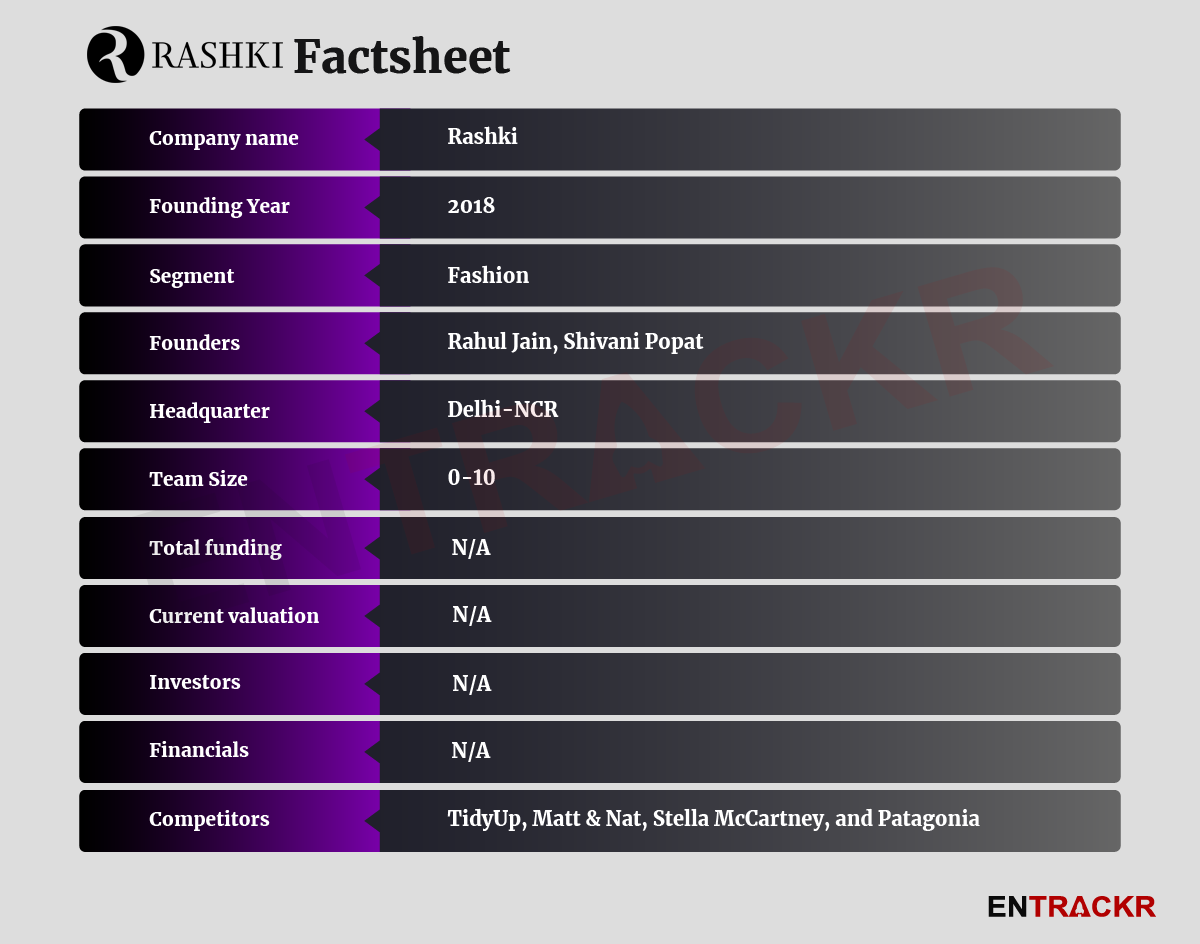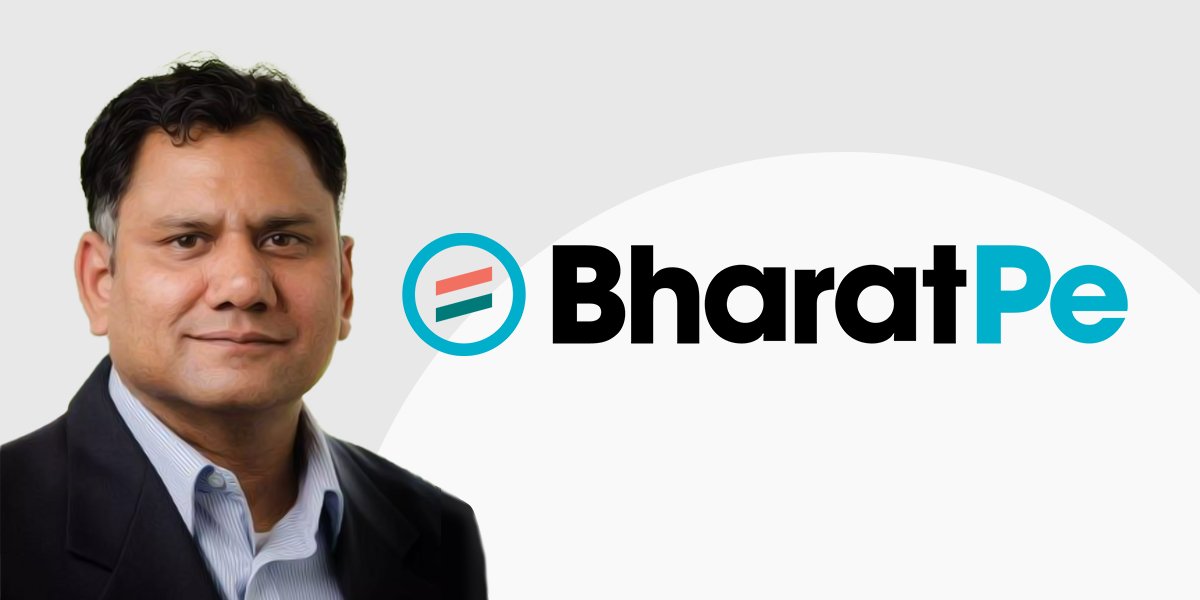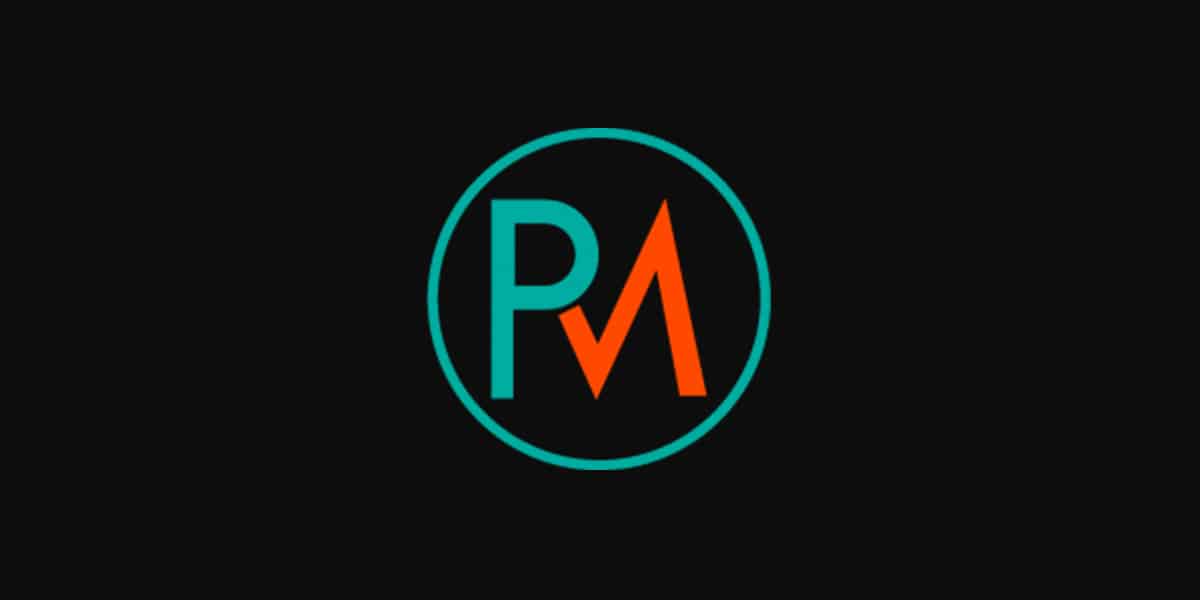More people, especially the younger generation, are embracing sustainable products in the fashion space, courtesy rising awareness around the environmental impact of their lifestyle choices. In addition to awareness, government initiatives promoting eco-friendly practices and evolving consumer preferences have also played a role in this pivot. Overall, the sustainable fashion market in India is estimated to grow at a CAGR of 10.6% between 2021 and 2026.
Even as there’s a lot of focus on environmentally friendly materials, ethical production practices, and circular economy models, a lot of new startups are emerging to tap into this change in consumers’ preferences. Earlier this week we featured Delhi-based TidyUp, which offers sustainable solutions to organize and preserve valued products. Another startup trying to carve its spot in this space is Rashki.
Founded in 2018 by Rahul Jain, Shivani Popat, and Rustam Chaudhary, Rashki is essentially a D2C platform that is primarily focusing on sustainable bags for working women in the country. Its offerings include vegan leather-based bags, including laptop bags, office bags, and more. The company is now also offering plant leather products which are made from banana crop waste.
Apart from its official website, the company also offers products through third-party marketplaces such as Myntra, Amazon, and Flipkart. To date, Rashki has served more than 35,000 customers.
Jain told Entrackr that the company did a lot of research before starting the venture. This included the need for additional storage and compartments, comfortable design, and ease-of-use. He disclosed that early models received a phenomenal response, and all were organic.
For D2C brands, social media plays an important role in discovery. Jain said that while social media is important, nearly 70% of the company’s business comes via the official website. It is also however also relying on the user-generated content, but mostly organic. Already, quite a few influencers have reached to the company for collaborations, Jain said.
“Our focus will be to become a fairly large D2C brand in the next three years. To make that happen, we’re planning to get into more categories such as backpacks and accessories. We will also get into footwear at some point,” he said.
The platform will continue to focus on women, even though it has a portfolio for men as well. Jain added that some of the company’s products were equally purchased by women and men.
The founder also acknowledged that sustainability alone cannot be the hook to sell products. It has to be backed by quality, uniqueness, and customer satisfaction.
He further said that the company is also aiming to go past Rs 100 crore revenue mark in the next one and health years. The company started off as a bootstrapped platform and recently garnered an undisclosed seed funding.
That said, the future of the sustainable bags market in India has an immense potential as more consumers are embracing sustainable alternatives. However, being a newbie D2C player in this market can be challenging due to various reasons. Global brands like Matt & Nat, Stella McCartney, and Patagonia have paved the way for sustainable fashion by offering a wide range of eco-friendly bags and clothes, which could set a benchmark for aspiring Indian D2C players in this space.















